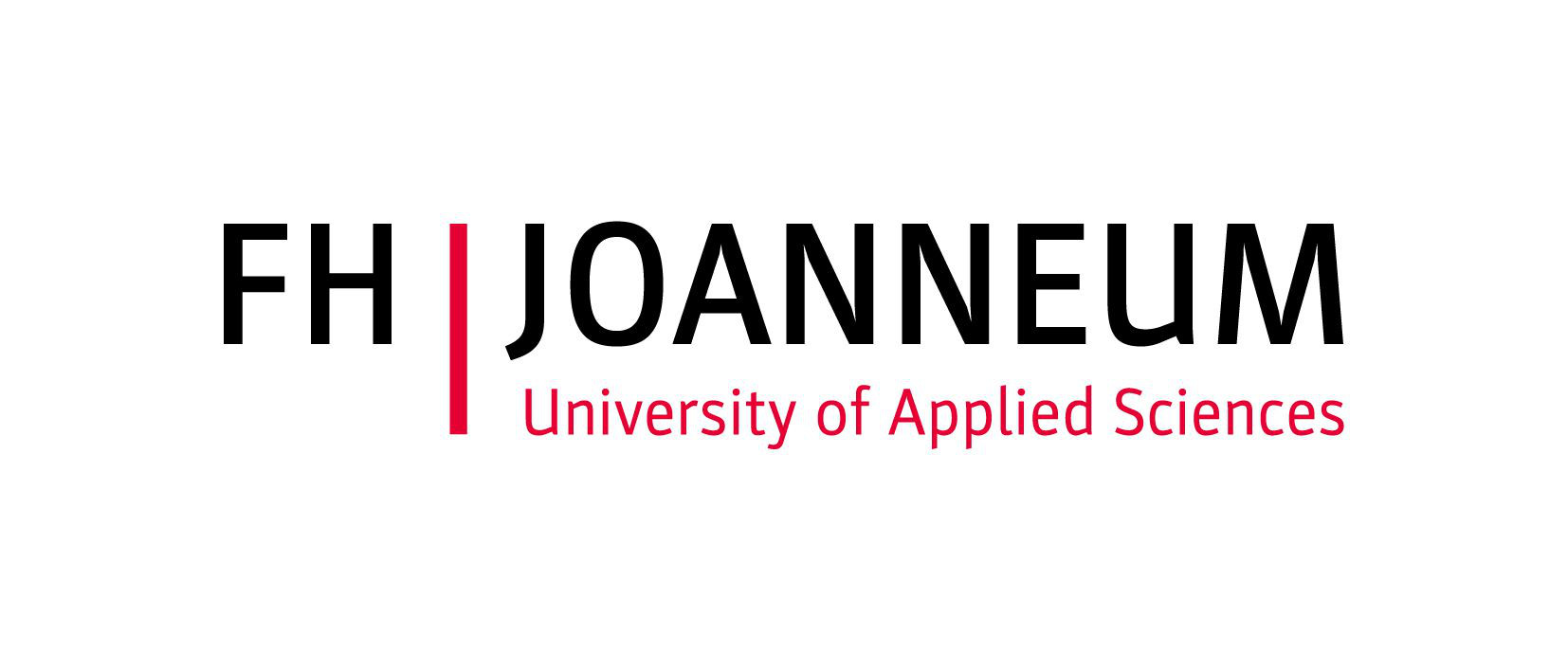Why we undertake this project
PROJECT PARTNERS







Until the beginning of the 1990s in Albania (ALB), Bosnia and Herzegovina (BIH) and Montenegro (MNE) the universities had close cooperation with the industry, taking the position of main development partners and innovation enablers. During the turbulent 1990s and the transformation of the socioeconomic systems, these links were cut. Twenty years later, in the contemporary free and globalized market conditions, there is lack of experience for establishing sustainable university – enterprise cooperation in each of the targeted countries.
Three issues were identified as the main reasons for the lack of cooperation: (1) lack of awareness about the universities’ capacities; (2) bureaucratic burden resulting from the absence of a one-stop-shop (focal point) and of defined instruments and tools that can be provided; as well as (3) lack of infrastructure (especially equipment) at the universities.
This project tackles the lack of systematic and sustainable cooperation between universities and economy in ALB, BIH and MNE.
The analysis shows that the investments in R&D in these countries are unsatisfactory. The Gross Expenditure for R&D (GERD) related to GDP differed from 0.26% in BIH, 0.37% in MNE (in 2016, according to Eurostat), to 0.6% in Albania (in 2015, according to the World Bank), which is far behind the EU 28 average of 2.03% of GDP. Therefore, the private sector urgently needs to boost innovation and research activities in these three countries.
The Small Business Act of Europe report concludes that most economies already have a regulatory framework for university-business collaboration, but there is still lack of structure and it is hard to assess the intensity of that collaboration. The reports underline that BIH and MNE still lack an institutional and policy framework for innovation, while the main issue in ALB is the implementation of the relatively comprehensive innovation strategy that was adopted in 2011.
In 2009 the ministers from the WB responsible for science and research and the EU authorities have launched a coordinated effort to develop a Regional WB Research and Development for Innovation Strategy (WB Strategy). In 2014, the German Chancellor Merkel launched a diplomatic initiative, the Berlin Process, which brings together the six WB countries each year, like-minded EU Partners and the EU authorities to work together to support security, stability and prosperity in the region. The 2018 Western Balkans Summit took place in London, having the following focus areas as mutual goals with this project: increasing economic stability with a view to improving the business environment, encouraging entrepreneurship, addressing youth unemployment, and promoting regional inter-connectivity.
Despite the inputs and support, gained by the stakeholders, the WB Strategy has only been partially implemented so far, less than two years before the end of the set period. The Action plan for regional cooperation of the WB strategy is focusing on achievement of the four strategic goals among which Promote Research-Industry Collaboration and Technology Transfer are very relevant in this context.
The goal and the objectives of this project are fully in line with the WB regional cross‐cutting priorities, the WB Strategy’s instrument technology transfer programme, as well as the focus areas of the Berlin process – presented at the 2018 WB Summit in London.
